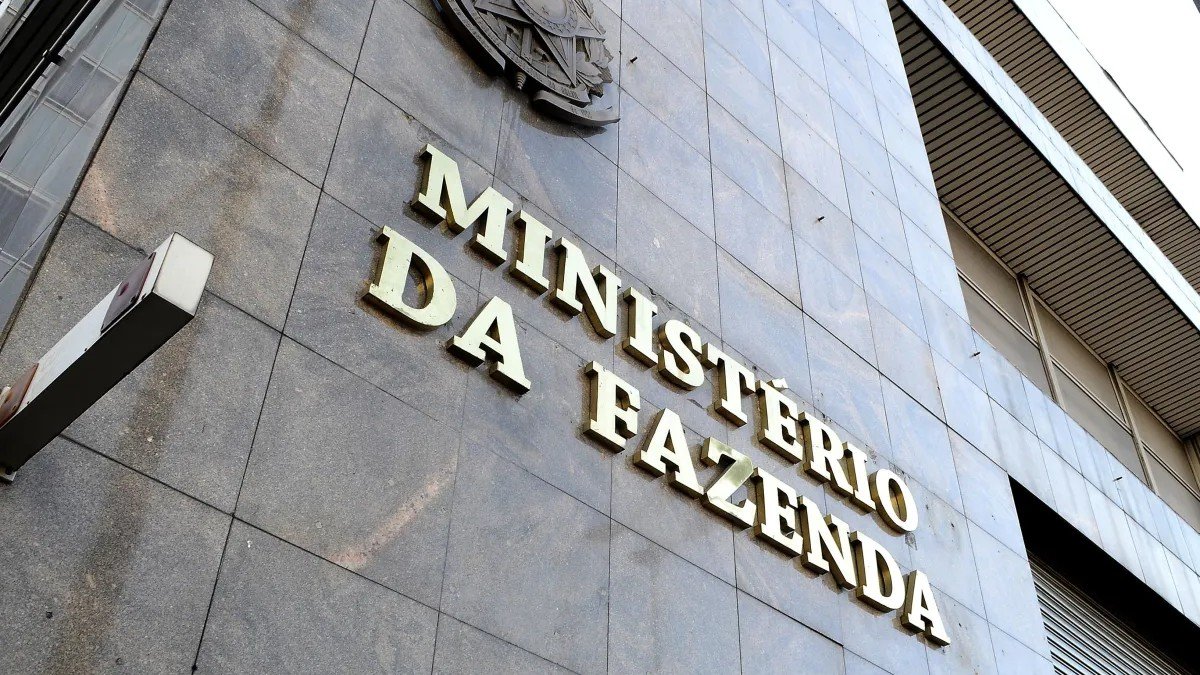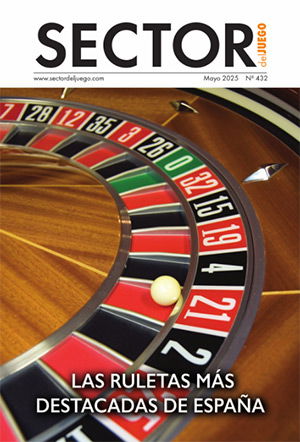Spain’s new online gambling accounts fall 55% after ad and bonus ban, study finds

The number of new online gambling accounts created in Spain has declined by more than half since 2020, following the implementation of strict advertising and marketing restrictions, according to a new study published in the Harm Reduction Journal on June 13.
The peer-reviewed paper found that just 1.35 million new gambling accounts were opened in 2023, down 55% from the 3.01 million recorded in 2020, the year Spain’s Royal Decree on advertising restrictions came into effect. The research draws from company-reported data compiled by the Spanish gambling regulator, the Directorate General for the Regulation of Gambling (DGOJ).
The findings suggest that the regulatory measures, which included a prohibition on welcome bonuses and a ban on celebrity endorsements, sponsorships, and prime-time advertising, led to a sustained reduction in new player behavior and overall gross gaming revenue.
The sharpest year-on-year drop in new sign-ups came in 2022, with a 35% fall from the prior year to 1.37 million accounts. This marked a break in the growth trend observed annually between 2015 and 2020.
The Royal Decree, first implemented in stages between November 2020 and August 2021, imposed one of Europe’s most restrictive gambling ad regimes. It limited TV and radio advertising to a 5 a.m. to 1 a.m. window, banned marketing on video-sharing platforms like YouTube, and restricted operators from using public figures to promote gambling. Sponsorship agreements with sports teams were phased out at the end of the 2020–21 football season.
Researchers estimate that the Decree led to an immediate reduction of 263,000 new accounts in the second quarter of 2021 alone, even after controlling for pandemic-related disruptions. The ban on welcome bonuses in particular was cited as a likely driver of reduced engagement among new users.
In April 2024, Spain’s Supreme Court partially reversed some of the Decree’s provisions, following a legal challenge by the Spanish Digital Gaming Association. Articles prohibiting the use of celebrities, as well as advertising on video-sharing platforms, were annulled. The court also overturned Article 13, which had restricted operators from marketing to new account holders.
Despite the steep drop in new player registrations, total player deposits continued to rise. Deposits increased from €2.19 billion ($2.56 billion) in 2020 to €3.18 billion ($3.72 billion) in 2023, although the study noted these figures were below projected growth had the Decree not been enacted.
The overall amount wagered also rose, reaching €26.5 billion ($31.01 billion) in 2023, up from €20.75 billion ($24.28 billion) in 2020. However, a minor dip occurred in 2022, when bets totaled €25.25 billion, slightly lower than €25.33 billion the previous year.
The restrictions also took a toll on gambling operators’ advertising and promotional budgets. Ad spend declined from €193.7 million ($226.69 million) in 2020 to €116.5 million ($136.34 million) in 2022, before edging up to €122.8 million ($143.71 million) in 2023.
Bonusing expenditures followed a similar trend, falling from €189.5 million ($221.5 billion) in 2020 to €165.9 million ($194.15 million) in 2023. Sponsorship spend saw the steepest drop, falling from €25.76 million ($30.15 million) in 2020 to €2.67 million ($3.12 million) in 2022, with a modest rebound to €3.59 million ($4.20 million) the following year.
















































